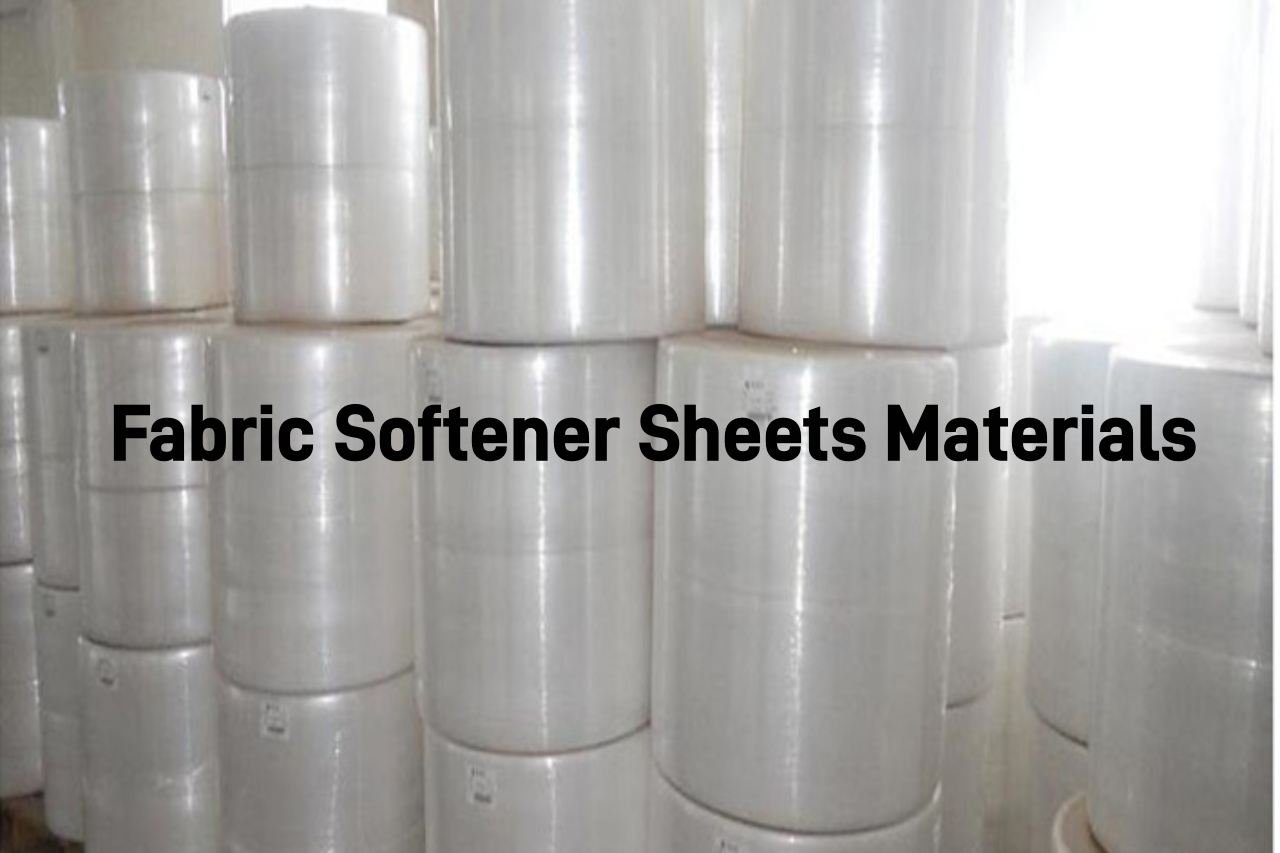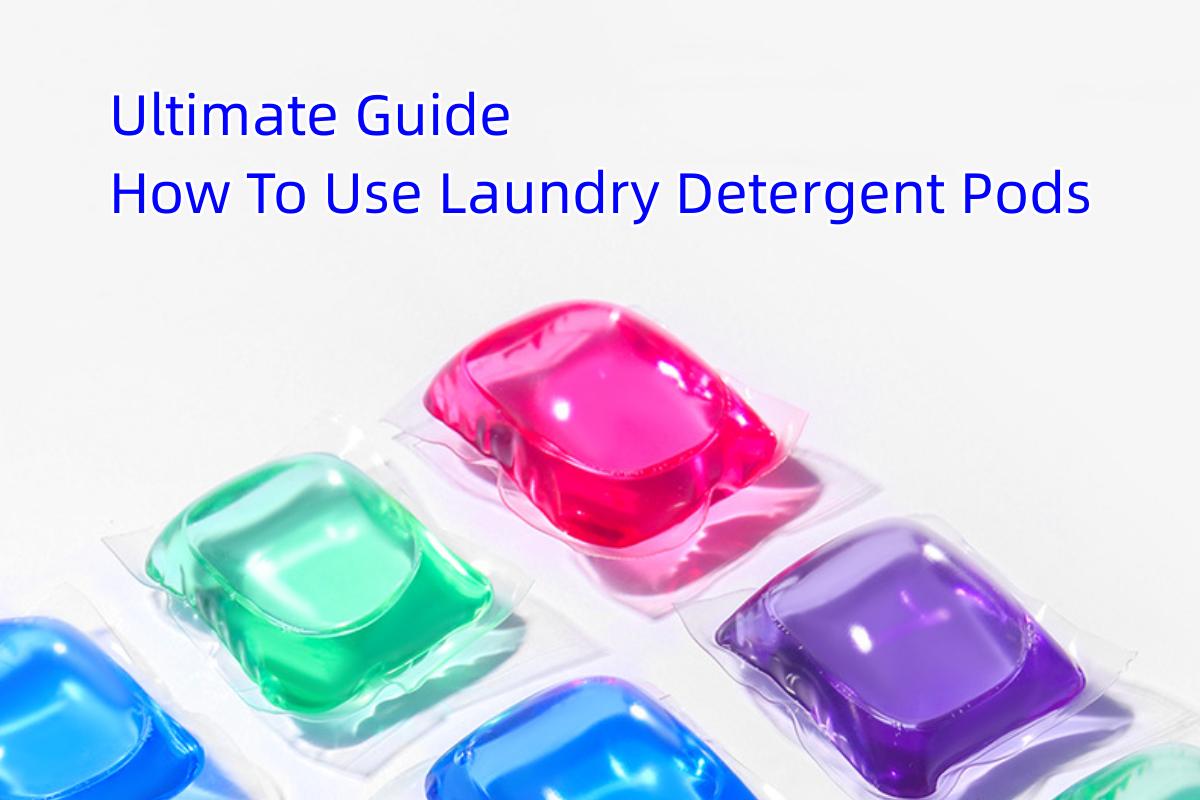Introduction
In the vast world of laundry care, dryer sheets and dryer balls stand out for their unique approach to keeping our clothes fresh, soft, and static-free: . While both serve the same fundamental purpose, they operate in distinctly different ways and offer varied benefits. Dryer sheets, thin scented squares, release fabric softeners and fragrances when heated, giving clothes a pleasant aroma and soft feel. On the other hand, dryer balls, often made from wool or plastic, physically agitate clothes in the dryer to reduce drying time and soften fabrics.
Choosing between these two isn’t just a matter of personal preference. It’s about understanding the specific needs of your laundry and the impact of your choices on the environment and your health. With countless brands and types available in the market, making an informed decision is crucial. This guide aims to delve deep into the world of dryer sheets and dryer balls, helping you determine which is the best fit for your laundry routine.

source: sheet whisper
What are Dryer Sheets?
Dryer sheets are thin, textured sheets infused with fabric softeners and fragrances that work their magic during the drying cycle. They are a staple in many households, known for their ability to leave clothes feeling soft and smelling fresh. But how exactly do these seemingly simple sheets transform a load of laundry?

Description and the Science Behind Them
Dryer sheets are made from a polyester material that’s woven to create an absorbent surface. This material is coated with a layer of fabric softener, which often contains quaternary ammonium salts, fatty acids, or clay. These compounds are responsible for the sheet’s softening properties. The sheets may also be infused with fragrances to leave clothes smelling clean and fresh.
When you toss a dryer sheet into the dryer with a load of wet clothes, the heat from the dryer warms up the fabric softener on the sheet. As the temperature rises, the softener melts and disperses evenly across the clothing. This process reduces static electricity build-up and leaves fabrics feeling soft and fluffy.
The effectiveness of dryer sheets lies in their dual action of reducing static and imparting softness. Static occurs when different materials rub against each other, causing an exchange of electrons and creating an electrical charge. The anti-static agents in dryer sheets neutralize this charge, preventing clothes from sticking together and attracting lint and hair.
The softening agents, on the other hand, lubricate the fibers of the fabric. This lubrication makes the material feel softer to the touch and reduces friction between fibers, minimizing wear and tear and extending the life of the fabric.
In essence, dryer sheets are a convenient, multi-functional solution to common laundry woes. They tackle static, soften fabrics, and can imbue your clothes with a pleasant aroma that lingers long after the drying cycle has ended. Each sheet is a small but powerful ally in the quest for perfect laundry, turning an ordinary load of clothes into a sensory experience of softness and fragrance.
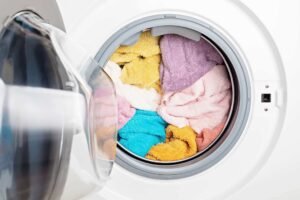
source: sheet whisper
Dryer Sheets: Pros and Cons
Pros:
- Fragrance: Dryer sheets are often infused with pleasant scents that leave clothes smelling fresh and clean. This fragrance can linger, providing a lasting freshness to your wardrobe.
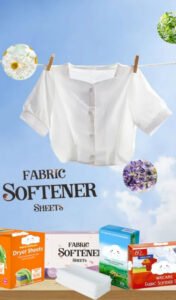
source: sheet whisper
- Softening Abilities: The fabric softeners in dryer sheets help to reduce the stiffness in fabrics, leaving them feeling soft and comfortable against the skin.

source: sheet whisper
- Reduces Static: Dryer sheets are effective in neutralizing static electricity, preventing clothes from sticking together and attracting lint and hair.
- Versatility: Beyond the laundry room, dryer sheets have various other uses around the home, such as dusting, repelling insects, and freshening up smelly shoes.
- Convenience: They are easy to use; simply toss one or two into the dryer with your wet clothes.
- Affordability: Dryer sheets are generally inexpensive and widely available in various scents and brands.
Cons:
- Chemical Ingredients: Many dryer sheets contain chemicals and artificial fragrances that can be irritating to those with sensitive skin or allergies.
- Environmental Concerns: Traditional dryer sheets are single-use and not biodegradable, contributing to waste. The chemicals can also enter waterways when the sheets are discarded.
- Residue: Over time, dryer sheets can leave a waxy residue on the dryer’s lint screen, reducing the machine’s efficiency and potentially becoming a fire hazard.
- Scent Overload: For some people, the fragrance of dryer sheets can be overpowering, leading to headaches or other sensitivities.
- Not Always Effective: Depending on the brand and type, some dryer sheets may not be as effective in reducing static or softening clothes.
- Potential for Stains: If a dryer sheet becomes trapped in a clothing fold, it can sometimes leave a greasy stain that can be hard to remove.
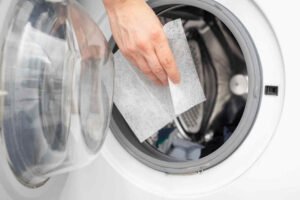
source: sheet whisper
What are Dryer Balls?
Dryer balls are an innovative laundry tool designed to facilitate the drying process, reduce static, and soften clothes. Unlike dryer sheets, which are typically disposable and may contain chemicals, dryer balls are reusable and environmentally friendly.
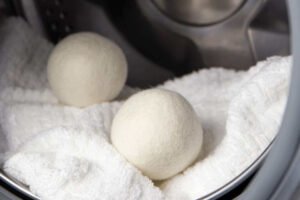
source: Pinterest
Types of Dryer Balls:
- Wool Dryer Balls: Made from 100% natural wool, these balls are the most popular type. They are eco-friendly, biodegradable, and can last for thousands of loads. Wool balls can also absorb some moisture, further speeding up the drying process. Additionally, they can be scented with essential oils if desired.
- Plastic Dryer Balls: Typically made from PVC or other types of plastic, these balls are durable and can also last for thousands of loads. They are especially effective at reducing static. Some plastic balls have small spikes or nodules to help fluff up clothes.
 source: Pinterest
source: Pinterest
- Rubber Dryer Balls: Less common than wool or plastic, rubber balls serve the same purpose and are also durable.
How Dryer Balls Work:
- Mechanical Action: As the dryer spins, the balls move around, separating clothes and allowing hot air to circulate more efficiently. This separation reduces the amount of time clothes need to dry, saving energy and time.
- Softening Clothes: The gentle friction of the balls against the fabric can soften clothes, eliminating the need for chemical fabric softeners.
- Reducing Static: Both wool and plastic dryer balls can help reduce static. Wool balls do this by absorbing moisture, while plastic balls do it through their design and the way they interact with fabrics.
- Natural Scenting: For those who like their laundry to have a pleasant aroma, wool dryer balls can be paired with a few drops of essential oils. This gives clothes a natural fragrance without the chemicals found in many dryer sheets.

source: Pinterest
Dryer Balls: Pros and Cons
Pros:
- Eco-Friendly: Dryer balls, especially those made of wool, are biodegradable and environmentally friendly. They reduce the need for disposable dryer sheets, leading to less waste.
- Cost-Effective: Since they’re reusable, dryer balls can save money in the long run. A good set can last for thousands of loads, eliminating the recurring cost of dryer sheets.
- Energy Savings: By improving air circulation in the dryer, they can reduce drying time, leading to energy savings and a reduced carbon footprint.
- Chemical-Free: Unlike many dryer sheets that contain artificial fragrances and chemicals, dryer balls offer a natural way to soften clothes.
- Customizable Fragrance: Wool dryer balls can be scented with natural essential oils, allowing users to choose their preferred fragrance.
- Reduces Static: Both wool and plastic dryer balls help in reducing static, making clothes less clingy out of the dryer.
- Hypoallergenic: For those with sensitive skin or allergies, unscented dryer balls are a great option as they don’t contain the perfumes or dyes that some dryer sheets might.
Cons:
- Noise: Dryer balls, especially plastic ones, can be noisy during the drying cycle, which might be disruptive for some users.
- Less Fragrant: While they can be scented with essential oils, the fragrance might not be as long-lasting or strong as some commercial dryer sheets.
- Potential Tangling: In some cases, especially with large loads, dryer balls can get tangled in sheets or larger garments.
- Wear and Tear: Over time, especially with wool dryer balls, they can start to unravel or lose their shape. However, this is after many uses and they’re still more durable than disposable sheets.
- Not Always 100% Effective: While they do a good job at reducing static, in very dry environments or with certain fabrics, some static may still occur.
Comparative Analysis: Dryer Sheets vs. Dryer Balls
Cost-effectiveness over time:
Dryer Sheets:
- Recurring Cost: Dryer sheets are a consumable item, meaning you’ll need to repurchase them regularly. Over a year, the cost can add up, especially if you do multiple loads of laundry each week.
- No Initial Investment: There’s no upfront cost as with dryer balls, but the ongoing expense can accumulate over time.
Dryer Balls:
- Initial Cost: While the initial investment in dryer balls can be more than a box of dryer sheets, they last much longer. A good quality set of dryer balls can last for thousands of loads.
- Long-term Savings: Over time, the cost per load when using dryer balls is significantly lower than using dryer sheets for every wash.
Environmental impact:
Dryer Sheets:
- Waste Production: After each use, dryer sheets are discarded, leading to more waste. Even if used infrequently, over a year, this can amount to a significant amount of trash.
- Chemical Concerns: Some dryer sheets contain chemicals that can be released into the air during the drying process, contributing to indoor air pollution.
Dryer Balls:
- Waste Reduction: One of the most significant environmental benefits of dryer balls, especially wool ones, is that they’re reusable and biodegradable. This reduces the amount of waste in landfills.
- Energy Savings: By decreasing drying time, dryer balls can reduce energy consumption, leading to a smaller carbon footprint.
Effectiveness in reducing static and softening clothes:
Dryer Sheets:
- Consistent Static Control: The chemicals in dryer sheets are specifically designed to combat static, making them consistently effective in this regard.
- Softening through Chemicals: Dryer sheets soften clothes through the chemicals they contain. While effective, this might not be preferred by those looking for natural methods or those with sensitive skin.
Dryer Balls:
- Static Reduction: Both wool and plastic dryer balls can effectively reduce static in most environments. However, in extremely dry conditions, they might not be 100% effective.
- Natural Softening: Dryer balls physically soften clothes by bouncing around and reducing the stiffness caused by water drying in the fabric. This method is chemical-free and gentle on fabrics.
Both dryer balls and dryer sheets have their merits. While dryer balls are more eco-friendly and cost-effective in the long run, dryer sheets offer consistent static control and might be preferred by those looking for a specific fragrance in their laundry. The choice between the two often comes down to personal preference, environmental concerns, and budget considerations.

source: sheet whisper
Personal Testimonies and Reviews
Real-life experiences from users of both products:
Dryer Sheets:
- Linda from Florida: “I’ve always used dryer sheets because they leave my clothes smelling fresh and feeling soft. I tried dryer balls once but missed the signature scent of my favorite sheets.”
- Raj from California: “For me, dryer sheets are a must-have in winter. They effectively combat the static, and I don’t get those annoying shocks when touching metal objects.”
Dryer Balls:
- Sarah from Texas: “I made the switch to wool dryer balls a year ago, and I’ve never looked back. Not only do my clothes come out soft, but I also love that I’m reducing waste. Plus, I add a few drops of lavender essential oil to the balls for a natural fragrance.”
- Mike from New York: “I was skeptical about plastic dryer balls at first, but they’ve genuinely reduced the drying time for my heavy loads. It’s a game-changer, especially when I’m in a rush.”
Expert opinions:
Dr. Jane Thompson, Textile Scientist: “From a fabric care perspective, dryer balls, especially the wool ones, are gentler on clothes. They physically soften the fabric by tumbling around, whereas dryer sheets use chemicals to achieve the same effect. If you’re looking for a more natural approach to laundry, dryer balls are the way to go.”
Leo Martinez, Environmentalist: “In terms of environmental impact, dryer balls, particularly the biodegradable wool ones, are a superior choice. They last for thousands of loads, reducing waste. On the other hand, dryer sheets, unless compostable, contribute to landfill waste with each use.”
Conclusion
Personal experiences and expert opinions highlight the benefits and drawbacks of both dryer balls and dryer sheets. While dryer balls are praised for their eco-friendliness and natural approach, dryer sheets are favored for their consistent fragrance and static control. The decision between the two often boils down to individual preferences and priorities.


